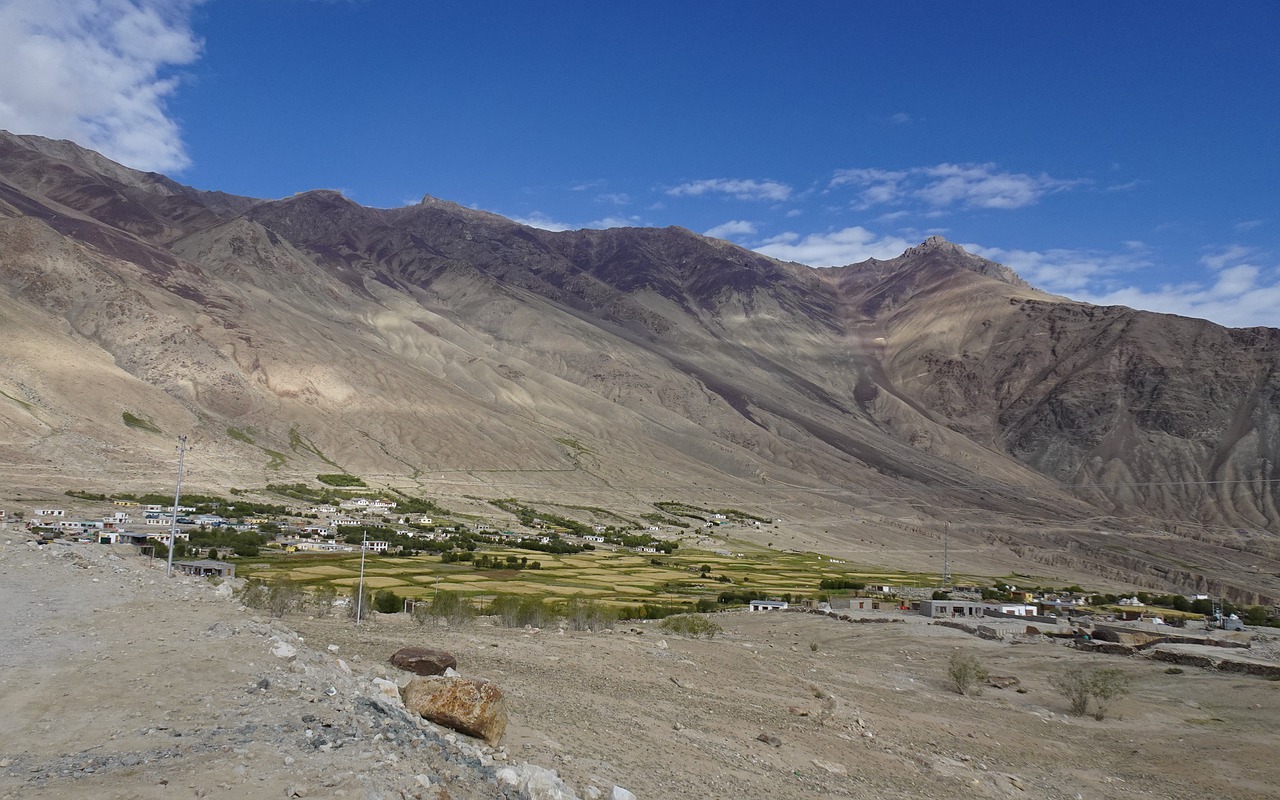Assessing the Role of Political Action Committees in Shaping Policy
Political Action Committees (PACs) first emerged in the United States in the 1940s as a means for interest groups to contribute to political campaigns. The Federal Election Campaign Act of 1971 established regulations on the formation and operation of PACs, requiring them to disclose their financial activities and limiting the amount they could donate to candidates.
Over the years, PACs have played a significant role in American politics by channeling financial support to candidates who align with their interests. They allow corporations, unions, and other groups to pool resources and fund candidates who support their agendas. This has led to concerns about the influence of big money in politics and the potential for PACs to sway election outcomes in favor of those with the most financial backing.
The Influence of Political Action Committees on Elections
Political Action Committees (PACs) have significantly impacted elections in the United States by injecting vast sums of money into campaigns. These contributions allow PACs to wield considerable influence over politicians and policy decisions, giving them the ability to shape political discourse and agendas.
Candidates who receive substantial funding from PACs may feel indebted to these special interest groups, potentially compromising their ability to represent the interests of all constituents impartially. This dynamic often raises concerns about the undue influence of money in politics and the erosion of democratic values.
What is a Political Action Committee (PAC)?
A Political Action Committee (PAC) is an organization that raises money to support or oppose political candidates, initiatives, or legislation.
How do Political Action Committees influence elections?
Political Action Committees can influence elections by donating money to candidates, running ads in support of or against candidates, and mobilizing voters to support specific candidates or causes.
Are there any regulations on Political Action Committees?
Yes, there are regulations on Political Action Committees, including rules on how much money they can donate to candidates and how they can spend their funds.
Can anyone start a Political Action Committee?
Yes, in the United States, anyone can start a Political Action Committee as long as they follow the rules and regulations set by the Federal Election Commission.
Do Political Action Committees always support the same political party?
No, Political Action Committees can support candidates and causes from any political party, depending on their goals and priorities.





